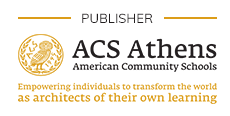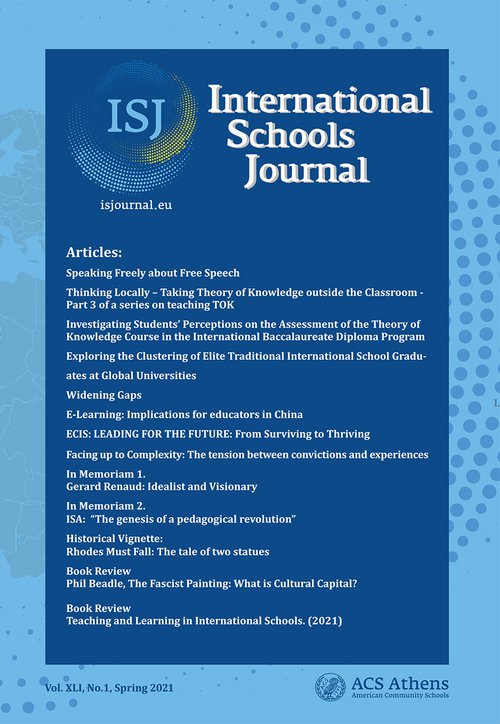ISJ Spring 2021: Investigating Students’ Perceptions on the Assessment of the Theory of Knowledge Course in the International Baccalaureate Diploma Program / Akin Metli
10,00€
International education aims to promote intercultural understanding and respect and to encourage a global knowledge for taking actions (Walker, 2002). In line with this aim, one of these international education organizations, the International Baccalaureate (IB), aims to foster ‘values education for peace, conflict resolution skills, respect for cultural heritage and the environment and intercultural understanding’ (Hill, 2012, p.342). The IB aims to develop internationally minded people who are inquiring, knowledgeable and caring young people motivated to succeed.
The IB has a Primary Years Program (PYP), a Middle Years Program (MYP) and the Diploma Program (DP) for different age groups. The DP curriculum is made up of six subject groups and the DP core components, comprising Theory of Knowledge (TOK), Creativity, Activity, Service (CAS) and the Extended Essay (Towards a continuum of IB education, 2010, p. 10-11). The students enrolled in the DP can choose standard level (SL) or higher level (HL) courses within different subject groups. Students’ academic performances are externally assessed and internally assessed, but moderated by the IB.
The Theory of Knowledge (TOK) curriculum is a mandatory course (100 hours of class time) within the International Baccalaureate Diploma Program (IBDP). Critical thinking skills such as analysing arguments, making inferences, judging or evaluating, making decisions or solving problems (Lai, 2011) are fostered together with critical thinking, metacognition, motivation, collaboration and creativity (Lai, 2011).
Since this curriculum promotes thoughtful inquiry, mutual respect and open-mindedness through real life application questions, the social reconstruction ideology is a relevant ideology, aiming at ‘reconstructing the unhealthy society which has unresolved problems and conflicts’ (Shiro, 2013, p. 5). Therefore, fostering critical thinking skills would help individuals attain the maximum ‘satisfaction of intellectual, social and spiritual’
(Shiro, 2013, p. 5) desires of societies.



